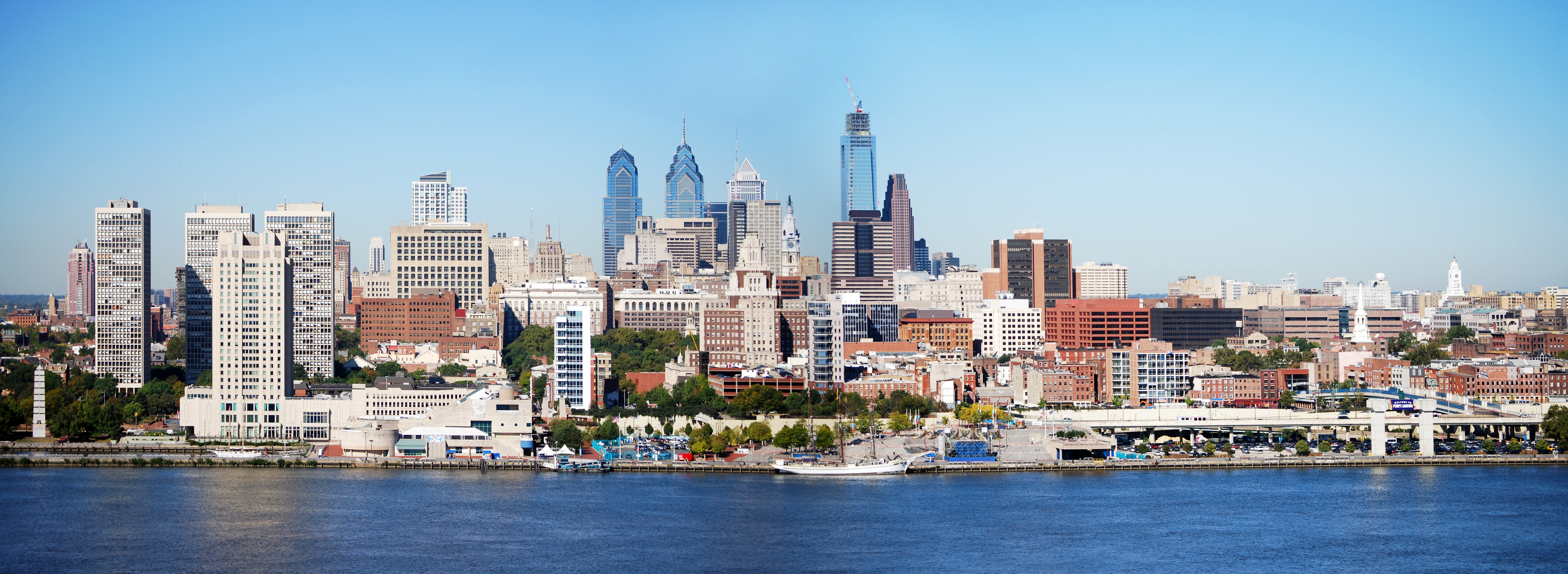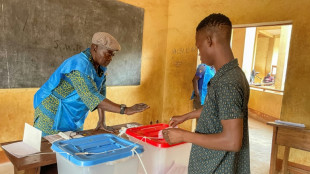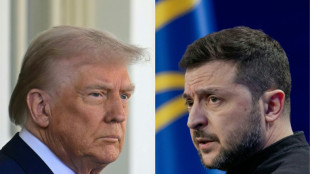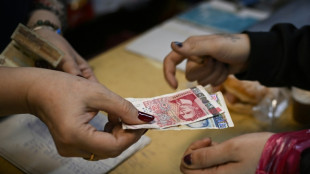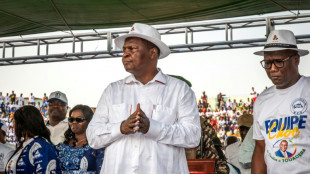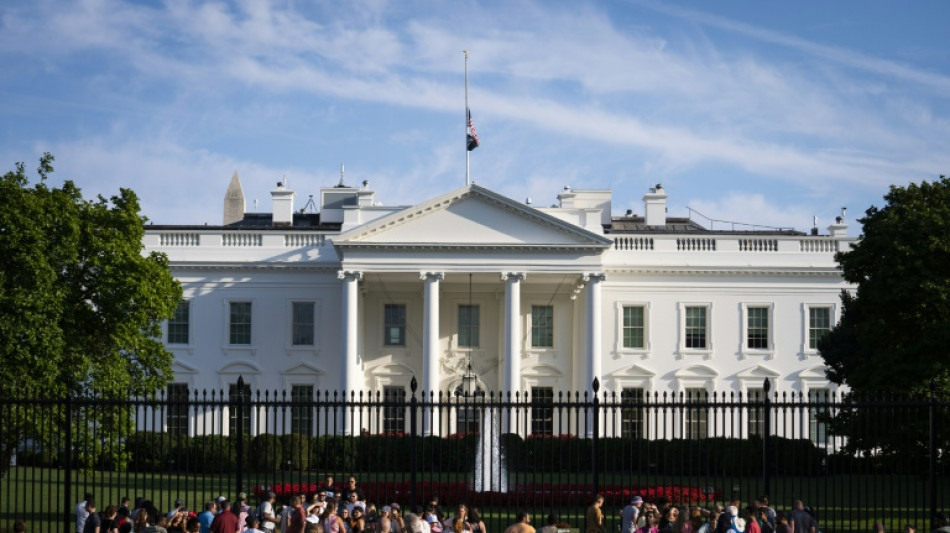

Trump hosts African leaders in landmark trade-focused summit
US President Donald Trump will host five leaders from West Africa Wednesday for a White House summit aimed at fostering trade to counter the growing regional influence of Russia and China.
The White House is seeking to strengthen economic ties with the mineral-rich region as it curbs foreign aid to Africa, where countries have been hit by a 10 percent global import tariff announced by Trump.
Talks with the presidents of Senegal, Liberia, Guinea-Bissau, Mauritania and Gabon are expected to focus on commercial opportunities and security.
"This summit marks a pivot point and test for how the Trump administration's foreign policy will fare when it comes to US-Africa engagement," Landry Signe, a senior fellow at the Brookings Institution, wrote in a commentary on the gathering.
"Whether the United States can translate its new doctrine into durable partnerships will depend on its ability to outcompete China and Russia with capital, presence, and long-term commitment."
The talks -- scheduled during a lunch in the State Dining Room -- come with Washington seeking to ensure a stable supply of critical minerals.
All five of the countries invited enjoy rich natural resources, including manganese -- a key mineral in the production of stainless steel and batteries -- iron ore, gold, diamonds, lithium and cobalt.
But overshadowing the talks will be radical steps by Trump and his officials to recalibrate US relations with African nations.
Earlier this month, the administration shuttered the US Agency for International Development (USAID), and said it was moving away from a "charity based-model" to focus instead on trade-based partnerships.
West Africa is expected to be among the regions hardest hit by the aid cuts, which are likely to lead to more than 14 million additional deaths globally by 2030, according to a study published in the Lancet medical journal.
- Drug trafficking and immigration -
US financial help played a crucial role in rebuilding Liberia after its civil wars, and it was still receiving an annual $160 million -- about three percent of its GDP -- as recently as last year.
Liberia's President Joseph Boakai accepted the invitation with an eye on trade and investment rather than being "solely (an) aid recipient," his press secretary Kula Fofana told AFP.
US arch-rival China has made substantial investments in several of the nations attending, with Gabon providing 22 percent of the manganese it uses in batteries.
Russia has supported the nascent Alliance of Sahel States, which shares borders with several of the countries at Wednesday's lunch.
Security is expected to loom large, with international drug trafficking and immigration top concerns for Washington.
West Africa's Sahel countries have been dogged with threats from terrorist groups and political instability brought about through a series of coups.
Entries from the region make up a significant portion of the Black immigrant population in the United States, which rose by almost a quarter between 2012 and 2022, reaching 4.3 million individuals.
Guinea-Bissau -- a transit zone for cocaine shipments from Latin America to Europe and beyond -- has struggled to contain drug trafficking.
"Economically, this is a great opportunity opening for us," said the country's President Umaro Sissoco Embalo.
A potential US travel ban impacting Gabon, Liberia, Mauritania, and Senegal was reported in June, as part of a larger list of 36 countries facing scrutiny by the Trump administration.
M.Gonzalez--PI
